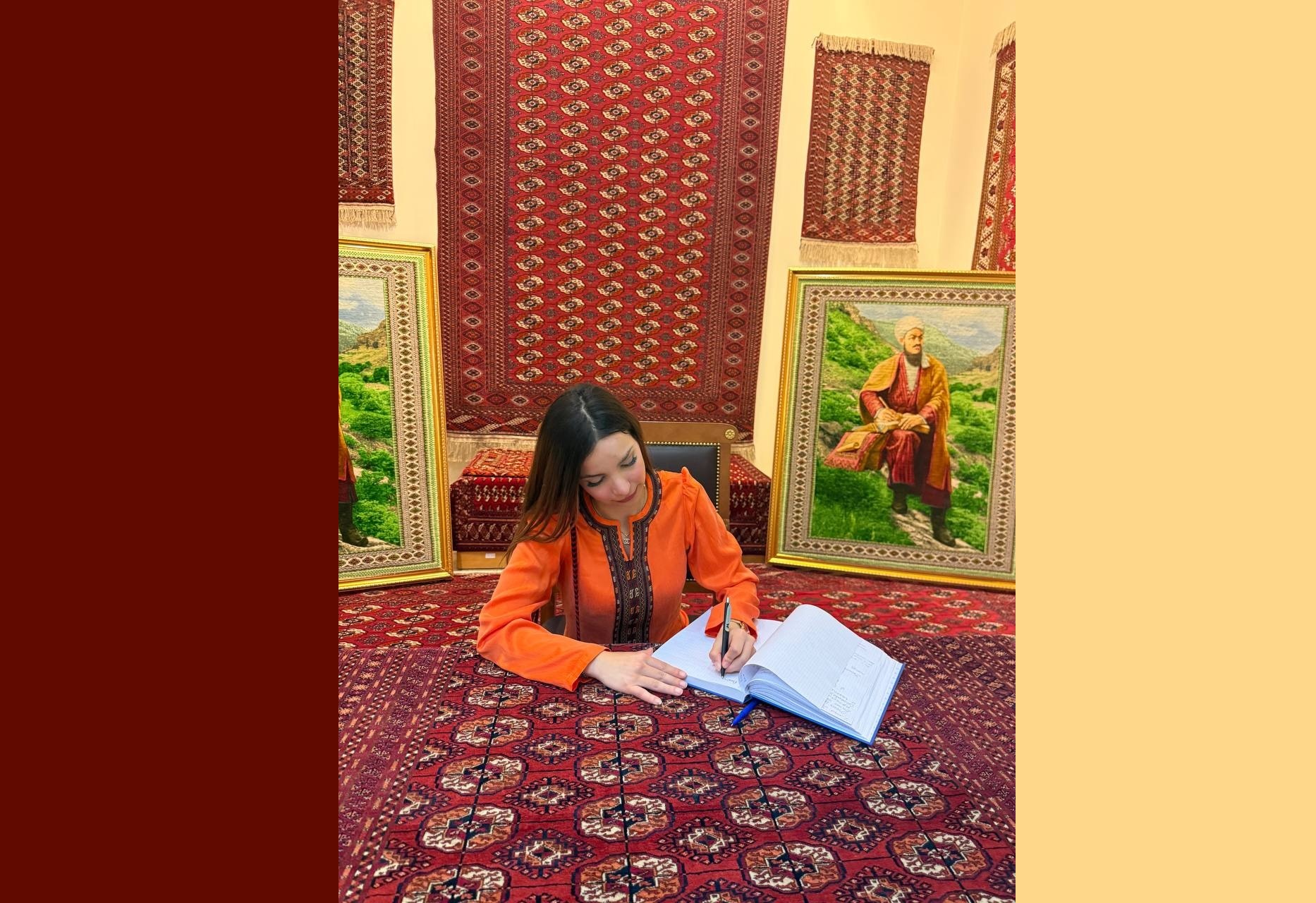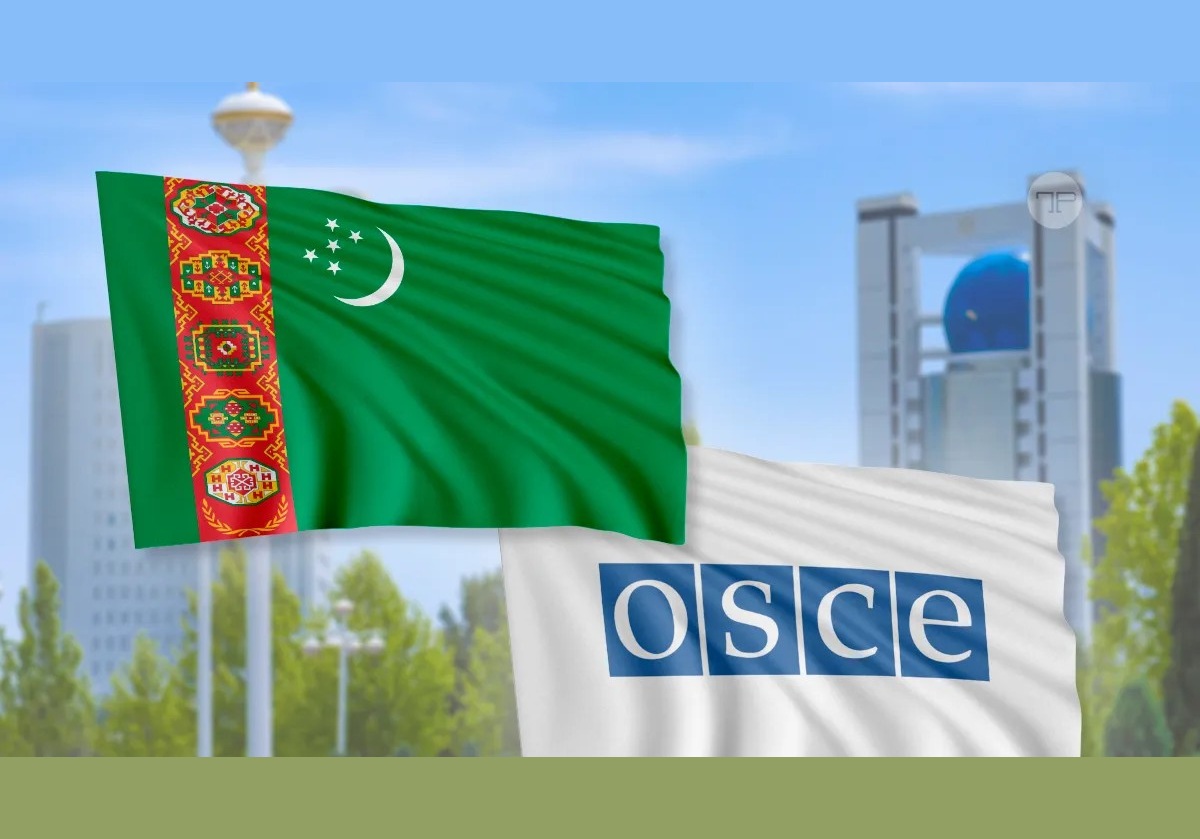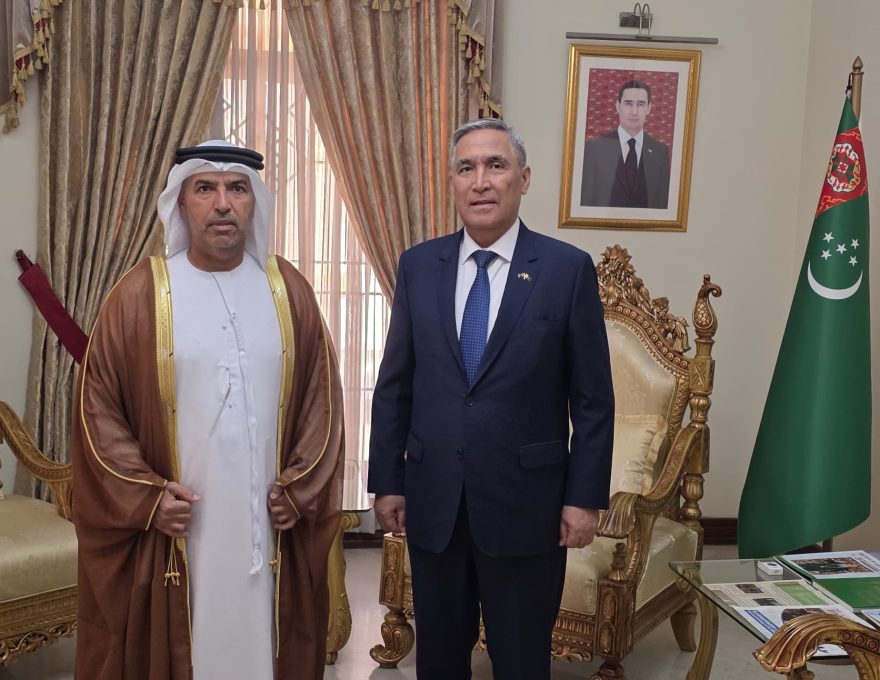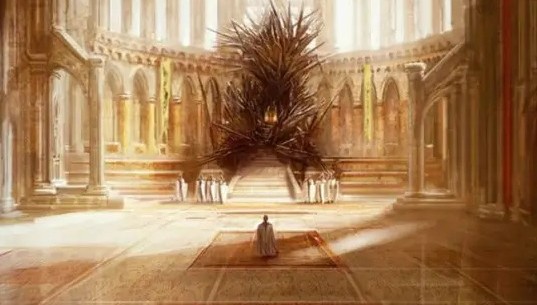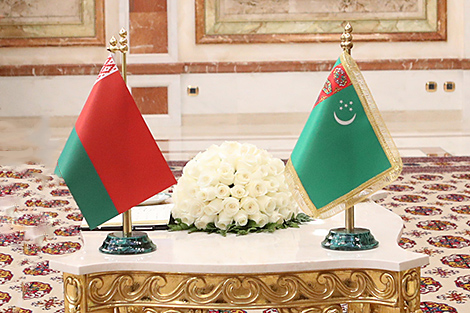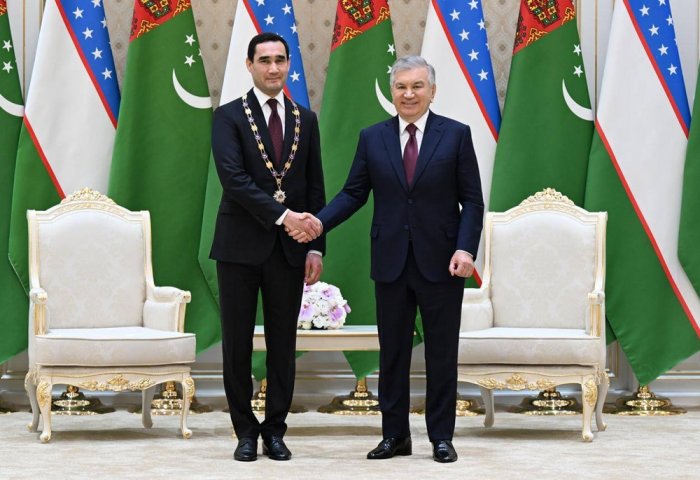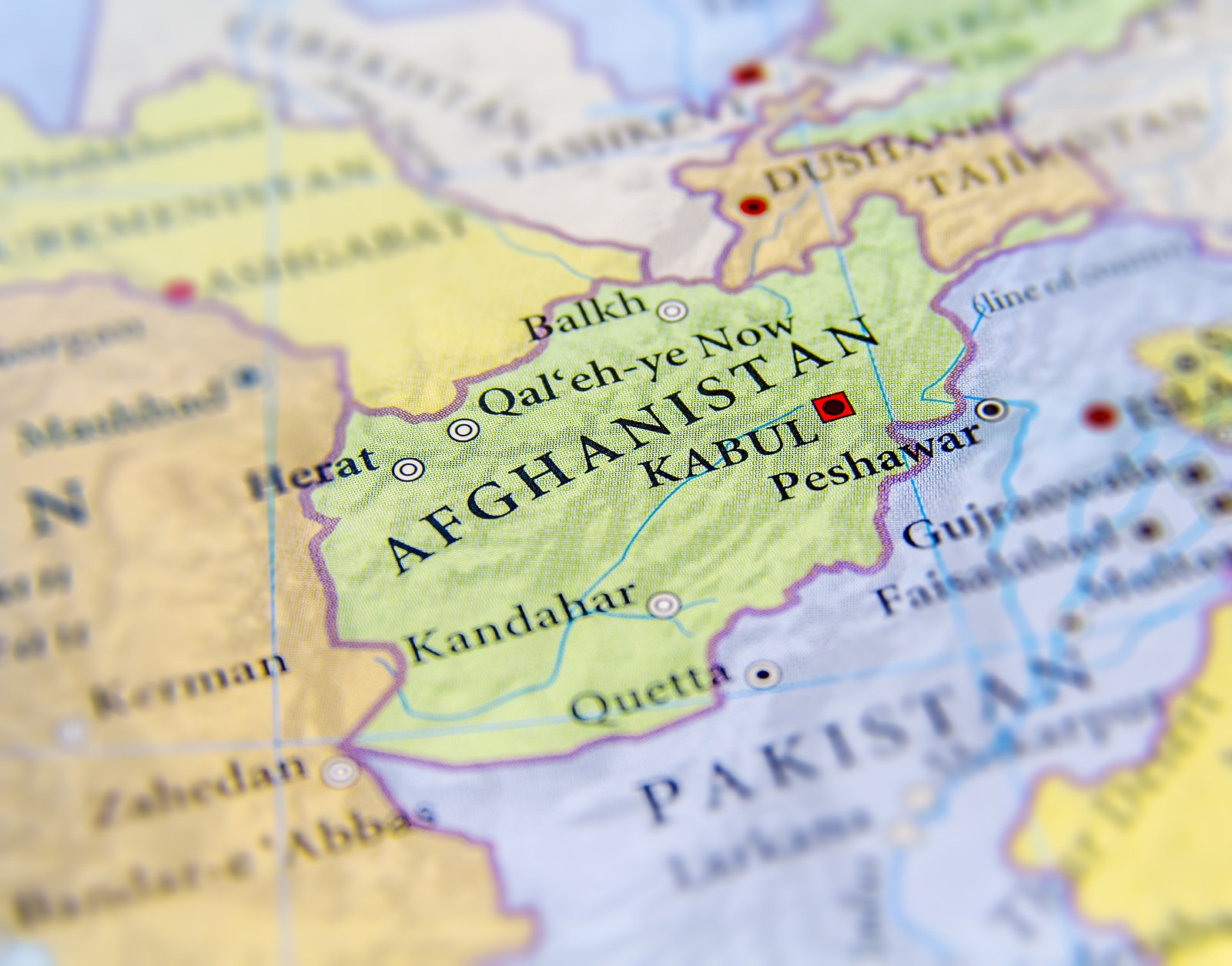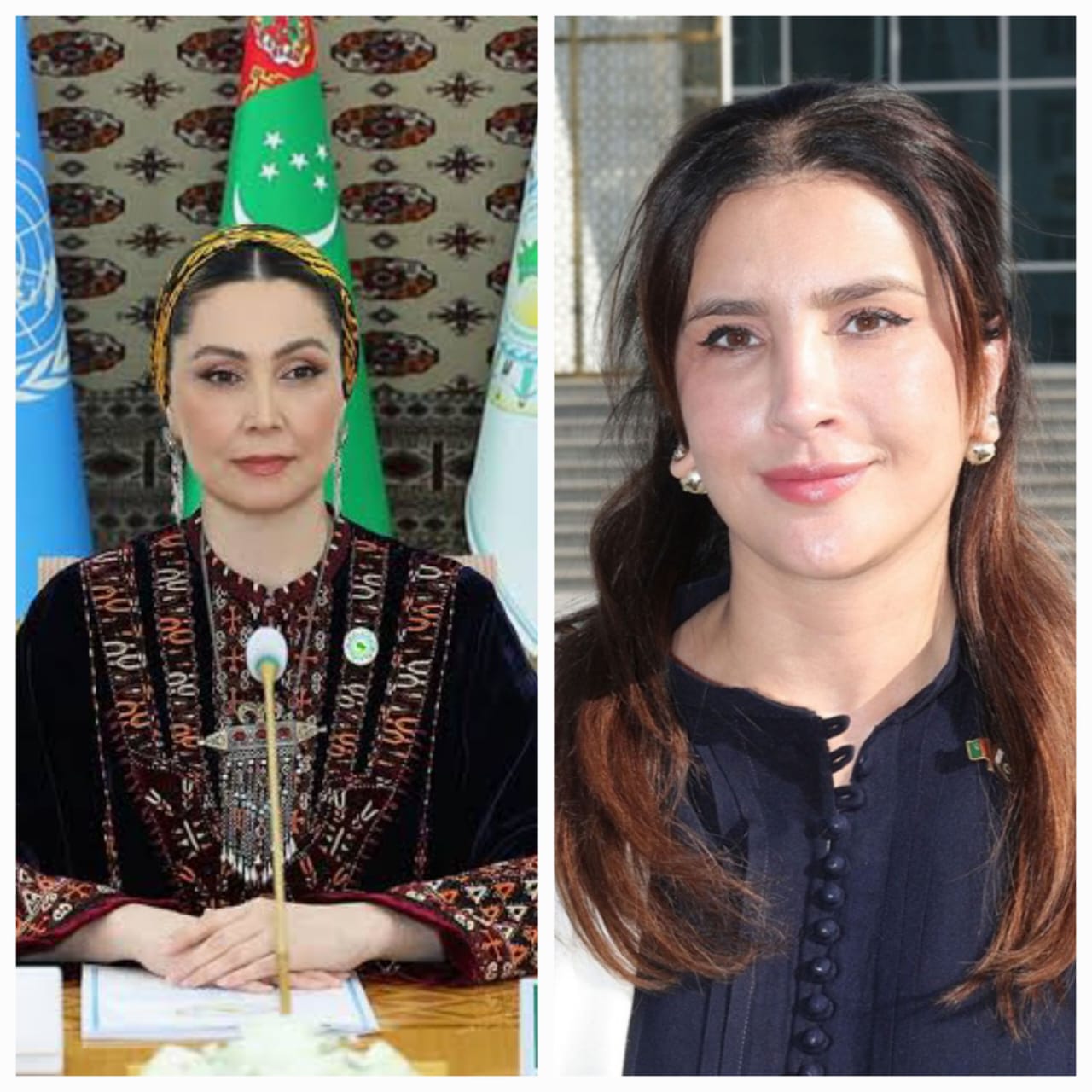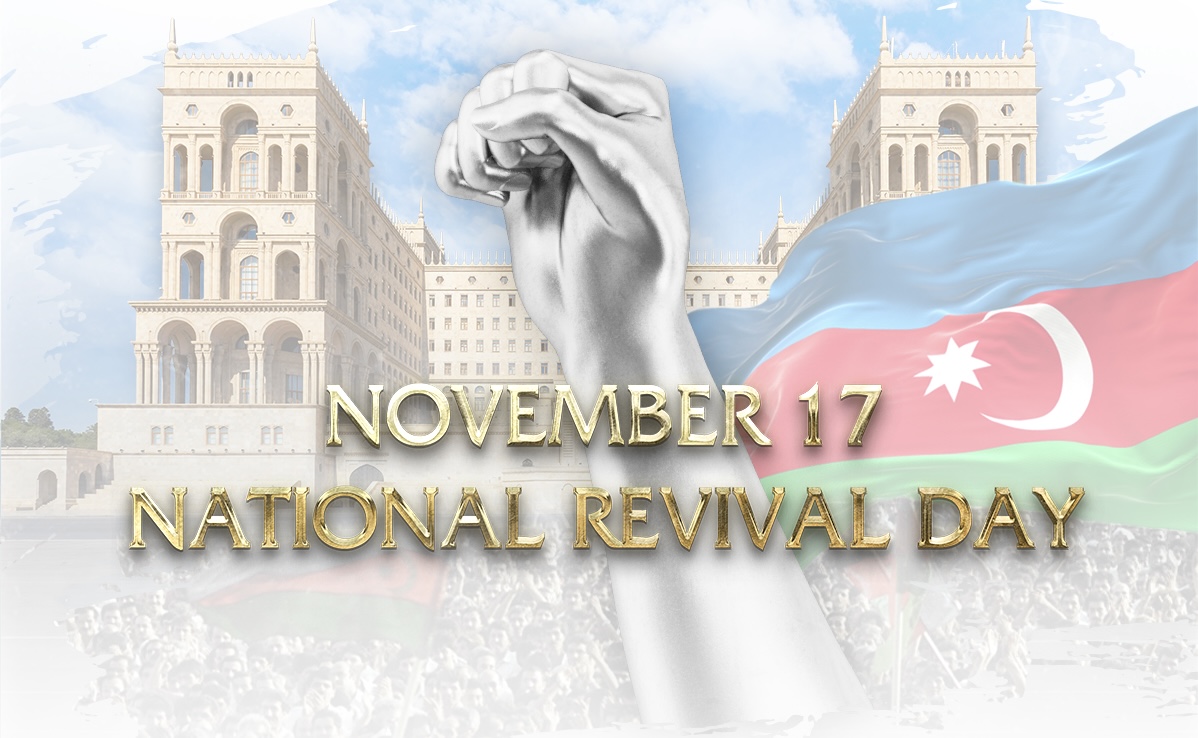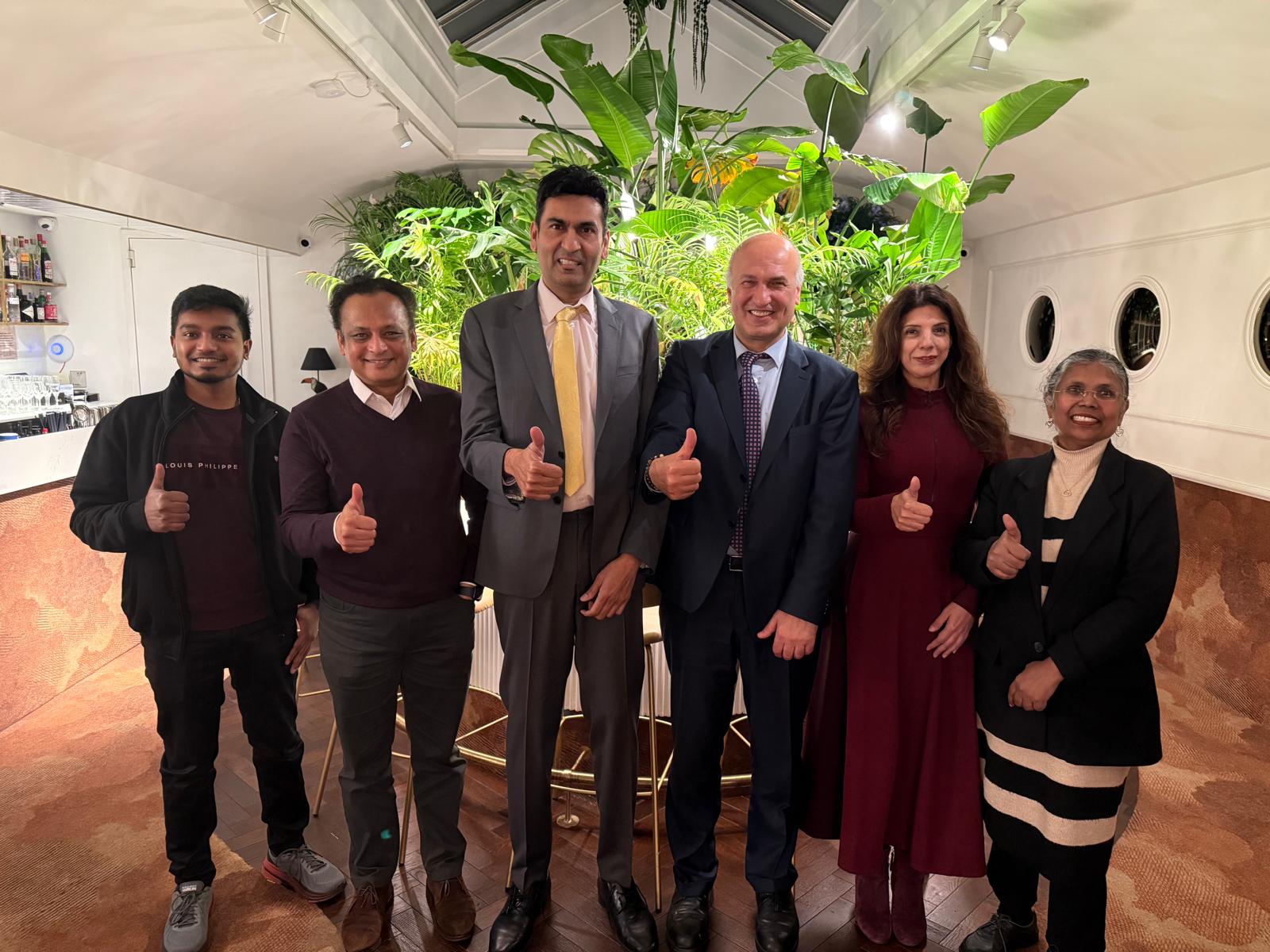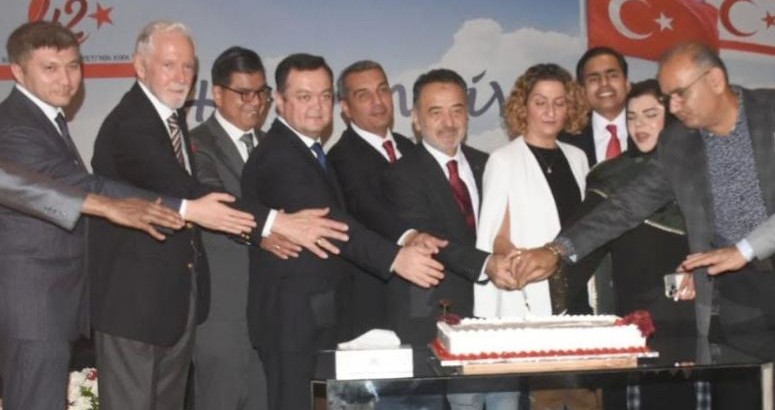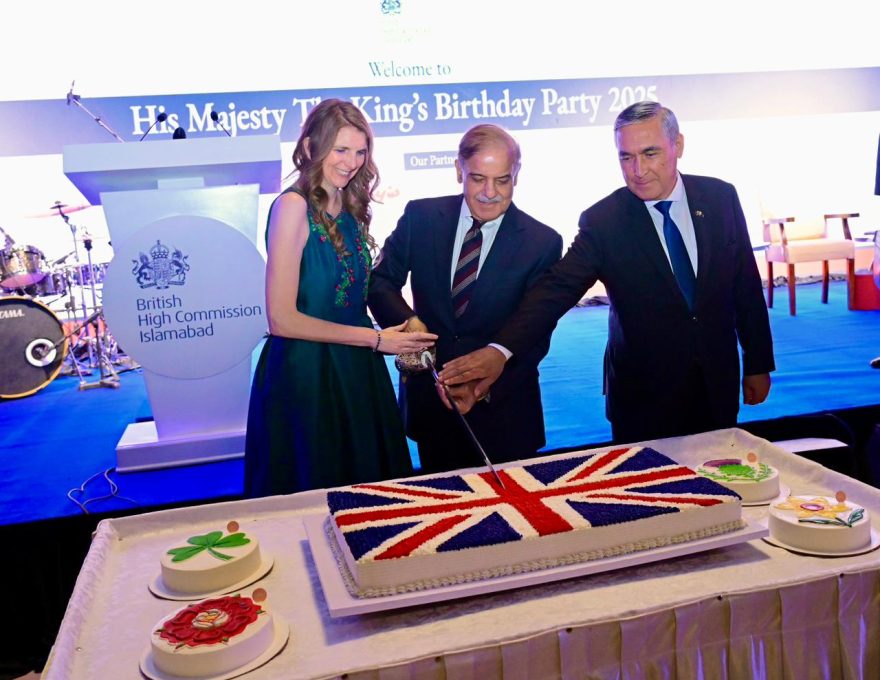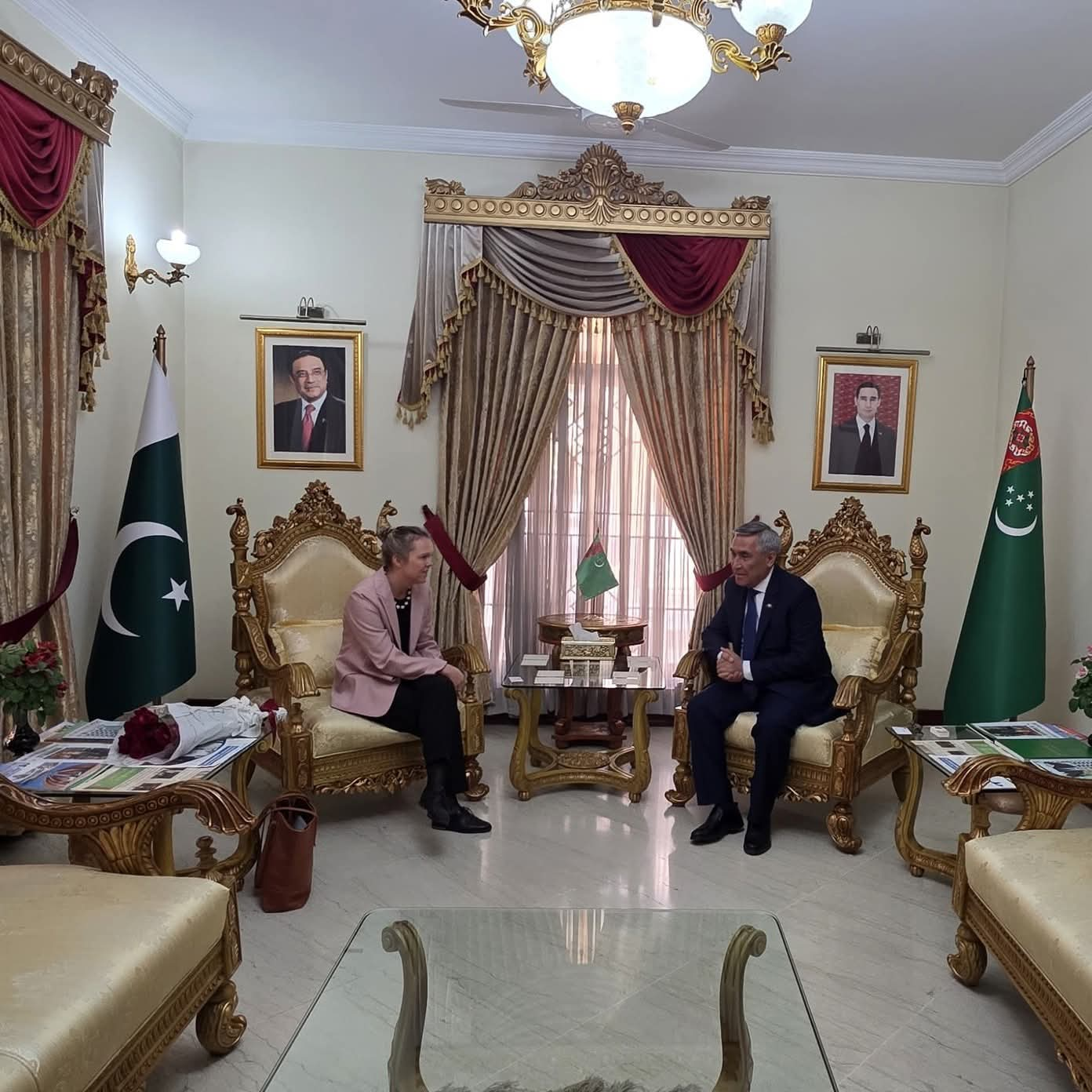Magtymguly Pyragy (1724-1807) was an 18th-century Turkmen thinker and poet who holds a crucial place in the history of world poetry. He began his poetic career at a very young age. Nuryadyyeva (2023) writes about Magtymguly Pyragy that “he is a great thinker and poet whose name reigns in the world of poetry with the power and miracle of words.”
Magtymguly’s poems have been translated into several languages.
He is a key figure of national identity and education. In his poems, Magtymguly primarily speaks of love for the homeland and religious devotion. His poetry, which addresses the independence of Turkmenistan and reflects his efforts toward it, has been used as proverbs by the Turkmen people and mirrors the cultural fabric of his time. At the same time, Magtymguly is the one who introduced the vibrant folk language and proverbs into Turkmen literature.
The Magtymguly works began to appear in Europe in the 60s of the 19th centuries. In 1863, German Vamberi, who traveled to Central Asia as a dervish, signed Magtymguly’s divan through a man named Molla Durdy and took it with him.
1. Magtymguly’s Literary and Philosophical Identity
1.1. Symbolism in his poetry Pyragy’s poetry is rich in symbolism and metaphor. Annamyradova, and al., (2024) said that his works reflect a profound understanding of poetic forms, as well as a mastery of lyrical beauty and philosophical depth. The main themes of this poet cover courage, patriotism, purity of spirit, love of nature, mercy, respect, kindness, wisdom, humanism, etc.
Common symbols in his work include the rose, the nightingale, the garden, and the moon, the camel all of which carry layers of spiritual and philosophical significance. These symbols are used to explore complex themes of love, yearning, spiritual transformation, and the relationship between the human soul and the divine according to Annamyradova, and al., (2024).
1.2. Humanism in Magtymguly’s Thought
As the National Leader of the Turkmen people, Chairman of the Halk Maslahaty of Turkmenistan Gurbanguly Berdimuhamedov said “Magtymguly is the spiritual doctor of the human soul”[1]. Magtymguly’s poetic and philosophical literary legacy is a profound song of love for the Great Creator, the homeland, humanity, nature, and human life.
His poems are inspired by humanism. Through the richness of his use of language, he developed philosophical ideas not only for the Turkmen people but also for the entire world.
Considered the greatest poet of classical Turkmen literature, Magtymguly frequently used didactic elements in his poems to address the sufferings of society and to help guide the state toward a better future. Through his poetry, he became a pioneer of literary language, adopting a simple and comprehensible style.
The main themes in his poems—such as advice, love, and generosity—are largely religious and mystical in nature. His work is deeply humanistic, emphasizing universal values and compassion. This humanistic spirit is largely due to the influence of Yunus Emre and Khoja Ahmed Yasawi, who embodied the philosophy of “loving the created for the sake of the Creator.” according to Çetinbaş (2024).
He is the hero for the Turkmen people and is also the spiritual doctor of the human soul. Magtymguly holds a crucial place in philosophy. Indeed, he is a wise poet who developed the philosophical ideas not only of the Turkmen people but also of the world.
2. A National Icon in Turkmenistan
2.1. Builder of National Identity
He is a poet who holds a golden place in the history of Turkmen literature. On this subject, Orazdurdiyevna, Vepayevna & Maksadovna (2023) write that “Magtymguly is the greatest representative of Turkmen literature, credited with the creation of Turkmen written literature, and whose literary form became a powerful symbol of the historical and the incipient national consciousness of the Turkmen people.”
He recited his poems in public and urged people to be the best they can be, to be heroic and honorable. Given that he elevated the Turkmen language to the highest level, he was a very important symbol during Turkmenistan’s independence. Indeed, this poet called for the unity of the Turkmens. Magtymguly Pyragy is a folk poet who holds a crucial place for the Turkmen people, to the extent that he is considered their national father. His poems have been passed down to his people for several reasons: he addresses national events, reflects Turkmen life, speaks directly to his people, and uses accessible language. That is why, even today, 301 years after his birth, the Turkmen people still know his poems by heart and find in them a source of inspiration for their lives.
2.1. Voice of Patriotism and Unity
President Serdar Berdimuhamedov said: “Magtymguly Pyragy, the great thinker and sage of the East, has taken an eternal place in the hearts of people with his deep wise verses. Pyragy’s works, promoting humanism, honesty and unity, are invaluable values for all mankind. The creativity of Magtymguly Pyragy, the great master of words, is a valuable spiritual and moral school for all times.”
He is an important author for Turkmen patriotism as shown in his poems “Türkmeniň”, “Türkmen binasy”, “Depe nedir, düz nedir”, “Gerekdir”, “Ýigide”, “Ykrarsyz ärden”… His poems describe how courageous, fearless, brave, and loyal the Turkmen are. For example, in the poem “Türkmeniň”:
“Süleýman, Rüstem-u Zal, Jemşit oňa bolmuş geda,
Günde ýüz müň salsa leşger, degmez şanyň belasy.” Here, he describes how invincible the Turkmen army is. In reality, Magtymguly loves his homeland and tries to elevate it to the highest levels. That is why the poet’s wish was always to encourage Turkmens to love their Motherland as much as possible and to protect it faithfully.
In his poem “Aýrylma,” he urges Turkmens never to leave their homeland under any circumstances:
Mestana ýörinçäň gaýry ýurdunda,
Önüp-ösen öz ýurduňdan aýrylma.
Magrur käkilik deý nebsiň ugrunda
Dama düşüp, ganatyňdan aýrylma.
This poet has always called for the unity of the Turkmen homeland, as can be read in the following lines from the poem “Türkmeniň”:
“Bir suprada taýýar kylynsa aşlar,
Göteriler ol ykbaly türkmeniň”…
“If the dishes are ready on a single tray, it will elevate the destiny of the Turkmens.” The single tray here indicates the need for Turkmen unity through the metaphor of table preparation. He wants the Turkmen state to be eternal, as shown in the lines:
“Hor galmasyn puştdan-puştum
Berkarar döwlet istärin.”
This translates to “May my lineage not be humiliated, I wish for an eternal state.”
In this regard, Annamyradova, and al., (2024) noted that “his ability to blend spirituality with nationalism, creating poems that are not just personal reflections but also public calls to action” makes his poetry innovative. According to Jorayeva, (2024: 70), Pyragy’s poems consistently emphasize the importance of unity among the Turkmen people.
3. A Pillar of the Turkic World
3.1. TURKSOY and International Recognition
Outside of Turkmenistan, he is an important poet for the Turkic world. Indeed, TURKSOY declared 2024 the year of commemoration of the thinker, philosopher, and poet Magtymguly Pyragy (Turksoy, 2024). In this context, various events will be organized in the name of Magtymguly Pyragy throughout the Turkic world, especially in Turkmenistan and Turkey, as well as in cultural, artistic, and political centers around the world.
Moreover, on March 25, 2024, a commemorative event for Magtymguly Pyragy was organized at the United Nations headquarters in New York, USA. The event was organized by TURKSOY and the Permanent Mission of Turkmenistan to the United Nations in cooperation with UNESCO. The event was called “Magtumguly Pyragy’s Path of Peace on the 300th anniversary of his birth.”
3.2. Cultural and Linguistic Legacy in Central Asia
This poet is particularly important in the cultural history of Central Asia. In fact, Magtymguly can be considered a Turkmen spiritual leader, philosophical poet, and a leader in Turkish-language literature. Indeed, Magtymguly was one of the first Turkmen poets to introduce the use of classical Chagatai, the court language of the Central Asian Khans, as a literary language, incorporating numerous Turkmen linguistic features. His poetry illustrates a trend towards increased use of Turkic languages rather than Persian. This is why he is an important figure in the history of Turkic literature from Central Asia to Turkiye. Certainly, the concepts of good and evil, which the poet meticulously focuses on, have made him an exemplary figure for the world.
4. Magtymguly in Global Literary Context
4.1. Translations and Reception in Europe
Magtymguly Pyragy’s poems are also given great attention in Western Europe. The oldest translation of Magtymguly’s poems into a Western language was made by the orientalist H. Wamberi (1832-1913) in 1879, and the first English translation by Yusuf Azemu was published in 1995. A German translation of 41 poems by the Hungarian orientalist H. Wamberi (1832-1913) was published in 1879 in the “Journal of the German Oriental Society” in Leipzig. Some of his poems were also translated first into Spanish, then into German (Gulgeldiyeva, 2023).
This thinker created a model school for the education of the younger generation with his inspiring poems. He is a classic poet of the Turkmen people. The role of the wise poet in the history of world culture was described by the famous orientalist academician V.W. Bartold, saying that “Among the Turkic peoples, only Turkmens have national poets like Magtymguly,” as quoted by (Ataniyazova & Jeyhunov, 2024).
CONCLUSION
In summary, Magtymguly’s poems are distinguished by their versatility, variety, richness of meaning, and artistic talent. In the poet’s work, education and women are also important. Ataniyazova & Jeyhunov (2024) write that “an illiterate man without science lives one year, but a literate man lives one thousand years.” This is why Magtymguly Pyragy holds a crucial place in world history, whether in literature, philosophy, or humanity. The poet’s attitude in this regard: “Bir ýaman söz ýürek bular, Ýagşyny älem arzuwlar.” The poet’s attitude in this regard: “A bad word troubles the heart, everyone aspires to goodness.” When he says, “Magtymguly, özüň düzetgil, Özüňi sen özgelere göz etgil,” translated: “First of all, Magtymguly, correct yourself, make yourself an example for others,” he urges people to be the best they can be. The message in this verse is an invitation to self-criticism and the improvement of each person’s soul. Thus, according to the author, personal responsibility and correction are the foundations for improving society and the nation. Magtymguly Pyragy is a popular poet. His poems were passed down to his people.
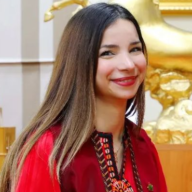
Historian and environmental management expert on Central Asia and researcher on Central Asia post-Soviet period. Journalist for EuReporter and EuReflect and Special Director of “The Gulf Observer” for Europe and Central Asia.
